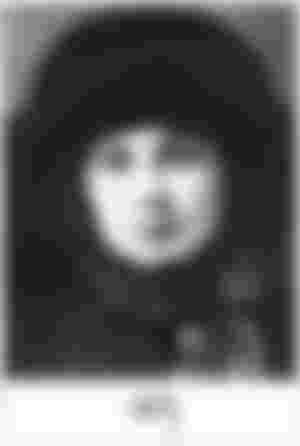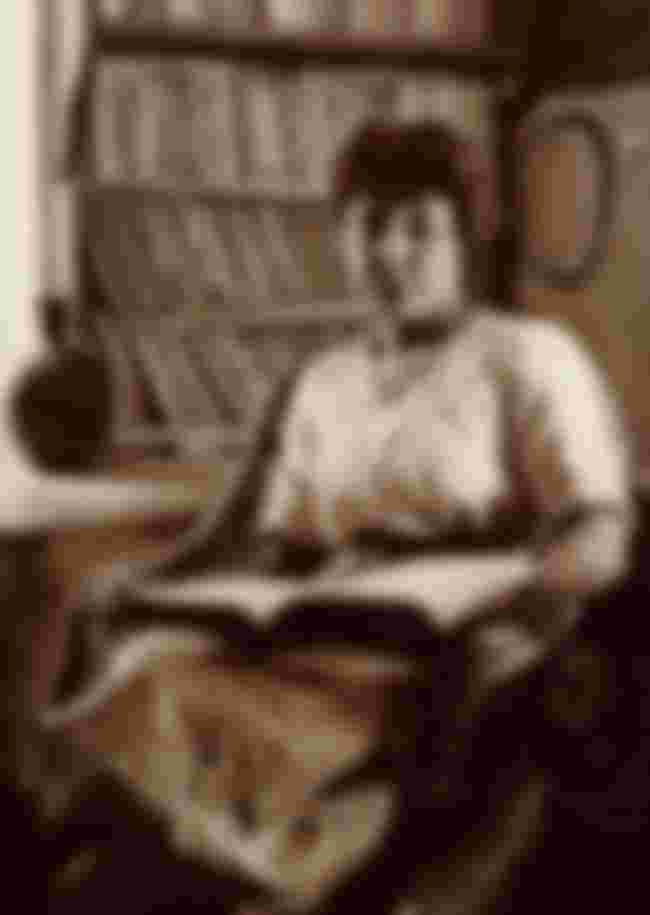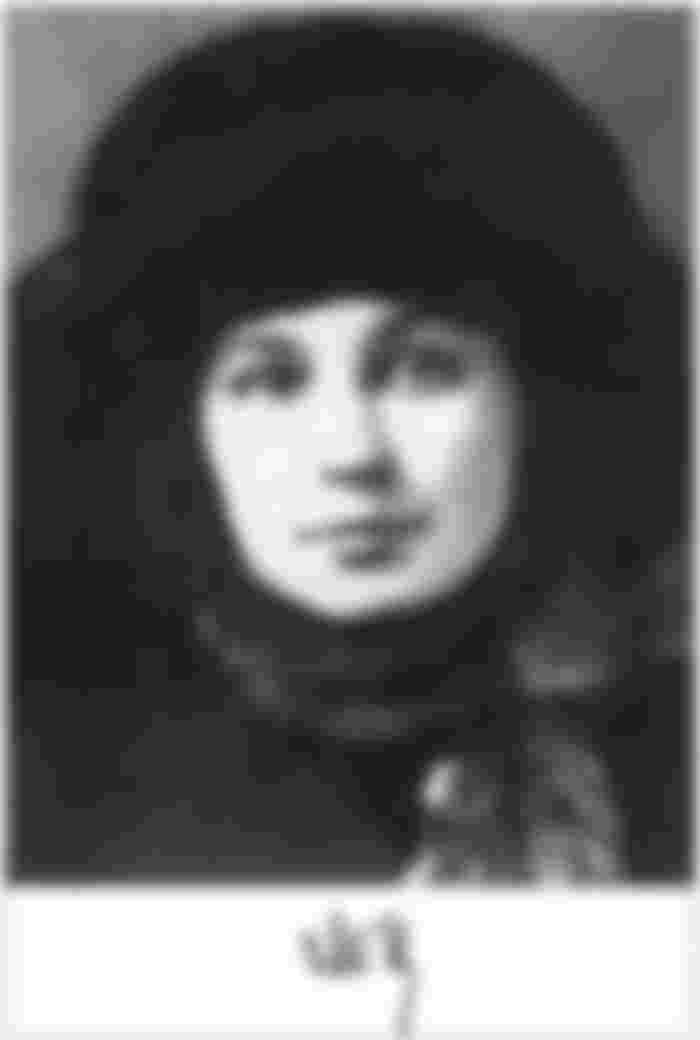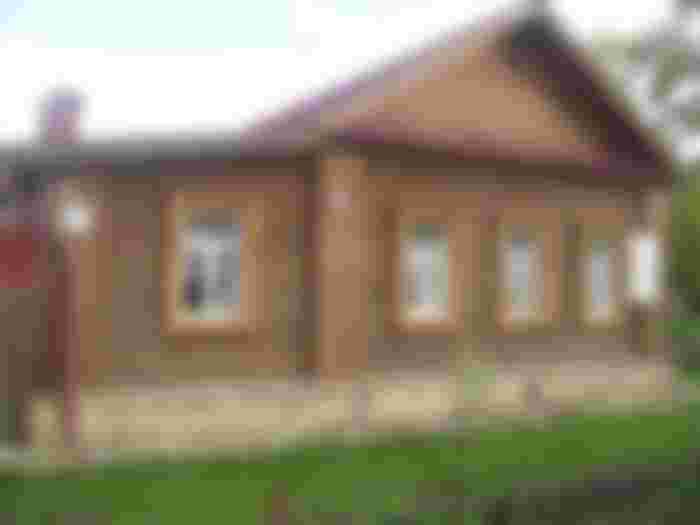,,A light bulb next to a pillow, a cigarette, a notebook, sometimes bread, make me happy."
,,I know the truth. I rejected all the truths earlier!
People should not be at war with people, all in all.
Watch: evening. Look: it will be almost dark at night.
Poets, lovers, military leaders 2- about what? Marina Tsvetaeva.
Marina Ivanovna Tsvetaeva, a Russian poet, was born in Moscow on October 8, 1892, and took her own life on August 31, 1941, during the evacuation in Yelabuga. Her father was a distinguished professor at Moscow University and the founder of the Museum of Fine Arts, and her mother was a pianist of German-Polish origin. She did not accept the October Revolution and, in her own way, sided with the whites, where her husband Sergei Efron, a tsarist and White Guard senior officer, belonged.

In 1922, she found herself in Prague, and from 1925 in Paris, before returning to the USSR in 1939. The ordinary facade hides the home of a Russian poet who has always been and remains unique. Inside, unexpected steps, passages and rooms cluttered with books in Russian, German and Italian make it the home of Marina Tsvetaeva, a poetess adored in Russia today and forgotten abroad. "Without a doubt, Marina Tsvetaeva is one of the greatest poets of the 20th century," Elena Feinstein, one of Tsvetaeva's few English translators, told Reuters. Tsvetaeva wrote 2,000 songs covering the period of the revolution and more than ten years of exile in Berlin, Paris and Prague.
The house in Bolshevo, where Marina Tsvetaeva lived on June 19, 1939.

Her work was admired by writers such as Boris Pasternak and Rainer Maria Rilke. The poet Osip Mandelstam was one of her lovers. But her verses, many open declarations of love and desire, were not desirable in Stalin's Soviet Union. Complex rhymes and rhythms as well as idiosyncratic vocabulary frighten translators. When she committed suicide in 1941 in a remote city in Tatarstan, hundreds of kilometers away from Moscow, Tsvetaeva was penniless, lonely and almost forgotten. One of the great poets of the "Silver Age of Russia" - together with Mandelstam, Pasternak and Ana Akhmatova - was neglected for too long.

"She died before her work was recognized. In Russia, she was viewed in disbelief as an emigrant, and in the West she was not known. "People love it in the West today only if they can discover it," says Fenistine. The house that was Tsvetaeva's home from 1914 to 1922 is now her museum and is located in the once bohemian district of Moscow - Arbat. Before the revolution, the house was filled with artists, actors and writers who admired a young woman who suddenly became famous at the age of 18 with the publication of her first book of songs. "She was unsuitable for running a household and selfish. She always put poetry first and neglected the house, ”says Feinstein.

Marina Tsvetaeva's life was shaken from its foundations by the revolution of 1917. Her husband Sergei fought against the revolutionaries, Tsvetaeva was left without money and their two-year-old daughter died of starvation in 1920. Tsvetaeva then went into long exile. Years after Tsvetaeva's death, her followers decided to re-establish her reputation. After several decades of banning, her poetry was finally published in Russia in 1961 during the time of Nikita Khrushchev. The Tsvetaeva Museum and Library were opened ten years ago, and dozens of visitors visit them daily. Marina Tsvetaeva's poetry found its place in Russian pop culture through the songs of Ale Pugacheva, a pop diva who sings Tsvetaeva's songs - "Mirror" which talks about her relationship with Sofia Parnok and "Requiem" about mortality.
The home of the Brodeljščik family in Jelabuga, where Marina Tsvetaeva hanged herself.

"The most difficult thing is that she invents words, which can be done in Russian. She invents very freely ", said Feinstein, whose small opus of Tsvetaeva's verses is considered by some to be the best English translation.
For those who discover Tsvetaeva, Feinstein says, quoting her verses: "She bites deeply. You have to pull out its roots to get rid of it. "

,,Dilapidation, in which I burn
Dilapidation, in which I burn
With silence you look cursed
You are - rocky, and I sing.
You are - a monument, and I fly.
And the most beautiful May blossomed -
Nothing before eternity to everyone.
But I'm a bird - and don't regret it
Which is subject to the law easily."






mislim da nisam nikad čitala...idem malo googlati.